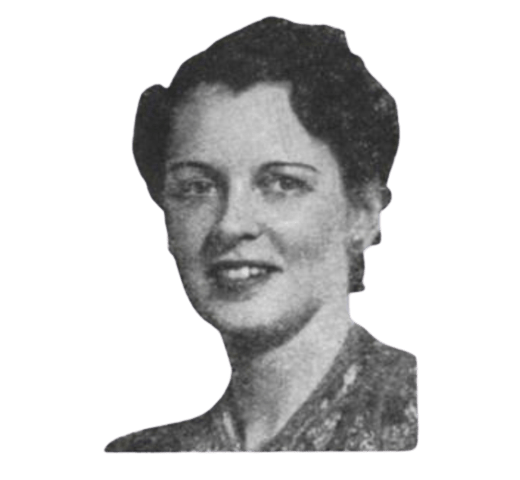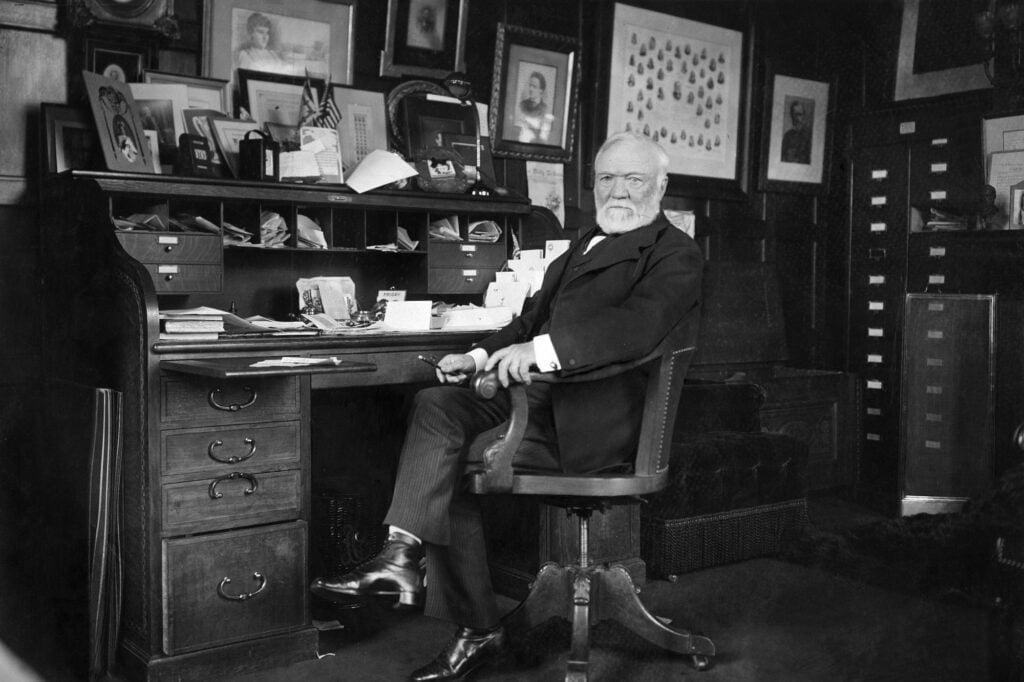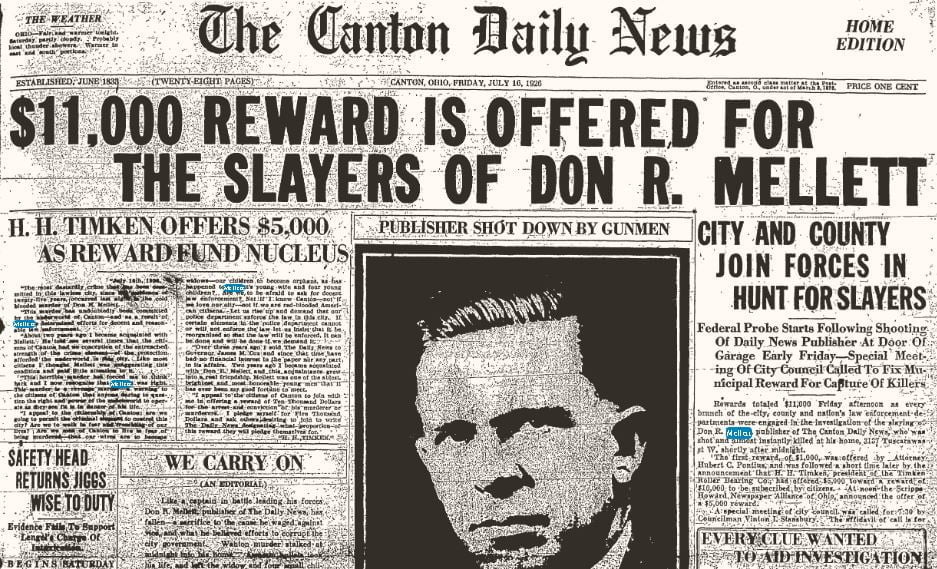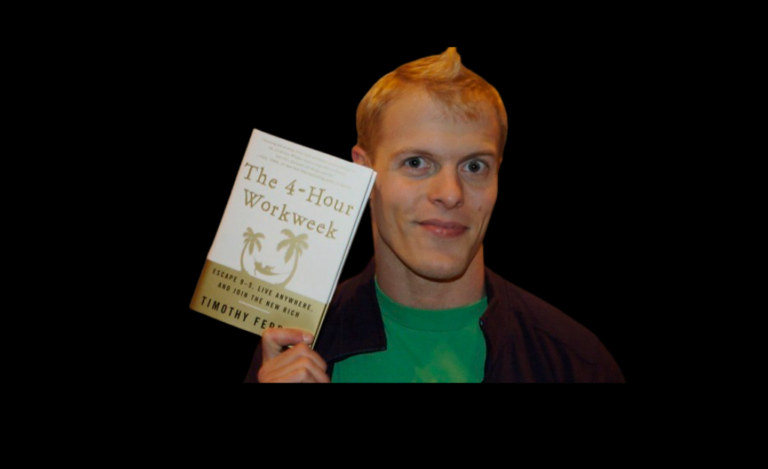Disclaimer: This post may contain affiliate links. For more information, please visit our Disclaimer Page.
Introduction to Napoleon Hill Biography
Hill called his teachings “The Philosophy of Success,” considering freedom, democracy, capitalism, and harmony as important elements, without which personal faith is impossible.
Fear and selfishness, which he sees as the source of people’s failure and failure, play no part in his philosophy about him. The secret of success was tangibly offered to the readers of “Think and Grow Rich.”
According to Napoleon Hill, 98% of people strongly disbelieve in something, thus putting success out of their reach. Hill addresses many controversial topics through his writings, including racism, slavery, oppression, failure, revolution, war, and poverty.
In Napoleon Hill Biography, we`ll see that he is connoted in history as a con man. Nevertheless, his writings have helped countless people for nearly a century.
Early life
Napoleon Hill was born on October 26, 1883. According to his official biographer, Hill was born into poverty in Pound in Wise County, Virginia.

His parents were James Monroe Hill and Sarah Sylvania (Blair), and he was the grandson of James Madison Hill and Elizabeth (Jones). His grandfather emigrated to America from England and settled in southwestern Virginia in 1847.
He lost his mother at 10, and his father remarried two years later. He began writing at thirteen for a small local newspaper, using his earnings as a reporter to enroll in law school, which he soon dropped out of for financial reasons.
Personal Life
In 1910, Hill married Elizabeth Florence Honor. They brought into the world James, Napoleon Blair, and David. The ups and downs of his career have seen him move from place to place, leaving his family behind. In 1935, her marriage to Hornor ended.
Two years later, he met Rosa Lee Beeland, 29, in Atlanta, whom he married. She helped him complete “Think and Grow Rich!”

Once wealthier, Hill resumed his luxurious lifestyle and purchased a new property in Mount Dora, Florida.
An ever-growing rift between Rosa and Hill ended in divorce around 1940. Napoleon went bankrupt after a prenuptial agreement gave Rosa virtually all of the royalties from “Think and Grow Rich!” leaving Hill to pursue his success once again.
He is friends with Annie Lou Norman. He worked for Jacobs Press, and the two were in the same building. They were married in 1943 and moved to California, where he began lecturing.
Career
His career began at the George Washington Institute in Chicago, where Hill taught courses in sales and advertising. Even among the benches, he began to divulge one of the pillars of his thinking: mentality is the secret of success in any area of life.
The defining moment of his career was in 1908 when he was tasked with interviewing one of the greatest industrialists of the time, Andrew Carnegie, who invited him to what would be his most significant undertaking and which would take 20 years to complete.

Hill discovered that Carnegie believed in the success process and that it could be duplicated for an ordinary person.
This impressed Hill.
Carnegie then asked him (without paying him and only enticing him with letters of recommendation) to interview more than 500 successful people, including several multimillionaires, to find and share this formula for success.
In 1912 he left for Chicago. He has worked in various fields.
When World War I broke out, he requested help writing to President Woodrow Wilson about creating propaganda.
From 1919 to 1920, he published “Hill’s Golden Rule,” a magazine devoted to the philosophy of success combined with biblical psalms and gospel teachings. Printed by George Williams, it was an instant hit.
In 1920, a national tour began. Disagreements between him and Williams, who took control of the magazine, led Hill to move to New York. He started a more successful magazine.
He established himself as a winning philosopher of ethics and success. However, his colleagues’ actions led to the newspaper’s closure. He moves to Ohio and runs a college offering journalism, advertising, and public speaking courses.
He met Don Mellet, and when Mellet exposed the gangsters in his Canton Daily News, Hill approached the Governor for an investigation. In 1926, Mellet was killed. Hill happily escaped to West Virginia.

During all these years, Hill interviewed many of the world’s most prominent men for his study of the day, to name just a few: Thomas Edison, George Eastman, Henry Ford, Elmer Gates, John D. Rockefeller, Charles M. Schwab, FW Woolworth, William Wrigley Jr., John Wanamaker, William Jennings Bryan, Stalin, Theodore Roosevelt, Alexander Graham Bell, William H. Taft, Woodrow Wilson, Charles Allen Ward, and Jennings Randolph.
The project proposed by Andrew Carnegie lasted more than twenty years, during which time Hill became a consultant for Carnegie. As a result of these studies, Hill and Carnegie offered the “Philosophy of Success” as a formula, first published in 1928, as a course of study called “The Law of Success.”
However, the onset of the Great Depression negatively affected Hill’s finances, forcing the foreclosure of his Catskills estate before the end of 1929.
However, the passion has remained. In 1930 he published “The Magic Ladder to Success,” which proved to be a commercial failure. During the next few years, Hill toured the country, returning to his habits of the previous decade of starting various short-lived business ventures.
When President Roosevelt asked Hill to join the National Recovery Administration to help inspire public confidence, he agreed. He served as an unpaid adviser to the President from 1933 to 1936.
He went to South Carolina to create a self-improvement course at the behest of William Plumer Jacobs in 1941. Paper restrictions during World War II prevented the production of the 16-volume series “Mental Dynamite.”

During a class in Chicago, he met W. Clement Stone. They teamed up in 1952 to write textbooks and educational materials. He taught his philosophy of personal achievement and lectured on the ‘Science of Success.’
His association with Stone saw him publish ‘How to Increase Your Salary,’ ‘Success Through a Positive Mental Attitude,’ and ‘Get Rich with Peace of Mind.’
The book, “Succeed and Grow Rich Through Persuasion,” was released under his pen name in 1970.
Death
Napoleon Hill died on November 8, 1970, aged 87. After his death, his wife, Annie Lou, appointed W. Clement Stone Executive Director of the Napoleon Hill Foundation.
An Unlikely Story of Napoleon Hill Flooded with Controversy
I won’t bore you with specifics, but I want to give you a sense of what others have said about Napoleon Hill’s credibility. As many readers of Napoleon Hill’s works have discovered, the author himself exemplified the traits he wrote about in his writings.
However, the following sources suggest that the man was a con artist, contrary to what Napoleon Hill himself claims:
- From early on in his life till the end, he was accused of multiple counts of fraud.
- The prominent men Hill claimed to have interviewed are not mentioned in their writings.
- He messed up badly financially since he didn’t help support his family, took out loans carelessly, and didn’t put away any money he made.
- Domestic violence allegations led to the dissolution of two of his marriages.
- It was said of him by those who knew him well that he had a nasty disposition.
- Biographies of the people he claimed to have consulted for his guidance all say he lied, except for Thomas Edison, who met Hill when he came to collect an award Hill had promised him.
- He enrolled in law school but dropped out soon after, but he nevertheless called himself an “attorney at law” for the rest of his life.
As indicated at the article’s beginning, there is too much evidence of Napoleon Hill’s dishonest practices making him seem problematic. However, deciding whether you will trust his writing is up to you.
First, give me a chance to finish explaining myself.
A man may be unable to put into effect the gold they teach, but you can put their rich advice into practice and get remarkable results. After all, one may have unpopular views while being correct in their overall assessment of the situation.
Lots of people have made it there using Hill’s guidance. If I can do it, so can you. By simply adhering to the adage, “Do as I say, not as I do.”
Napoleon Hill Books
- 1925 – “The Law of Success”
- 1926 – “The Science of Personal Achievement”
- 1930 – “Your Right to Be Rich”
- 1937 – “Think and Grow Rich.”
- 1938 – “An Autobiography of Andrew Carnegie.”
- 1939 – “The Magic Ladder to Success.”
- 1954 – “The Power of Decision”
- 1957 – “The Master Key to Riches.”
- 1959 – “How to Sell Your Way Through Life”
- 1960 – “Success Through a Positive Mental Attitude” (with W. Clement Stone)
- 1962 – “The Amazing Laws of Cosmic Mind Power.”
- 1970 – “Succeed and Grow Rich Through Persuasion.”
Napoleon Hill Posthumous Publications
- 1971 – “You Can Work Your Own Miracles”
- 2011 – “Outwitting the Devil” *
* “Outwitting the Devil” was originally written in 1938 but was not published until 2011. Hill’s original manuscript was thought to have been lost for many years and was only rediscovered in the 1990s. The book was edited and published posthumously in 2011, more than 70 years after it was written.
F.A.Q. about Napoleon Hill
Who is Napoleon Hill?
Napoleon Hill was a well-known American self-help author who lived from 1883-1970. He’s best known for his book “Think and Grow Rich,” one of the top-selling books ever.
What is Napoleon Hill’s most famous work?
Napoleon Hill is most famous for his book “Think and Grow Rich,” published in 1937. This book has sold millions of copies worldwide and is considered a classic of the self-help genre.
What is the core philosophy of Napoleon Hill’s work?
The core philosophy of Napoleon Hill’s work is that successful people have a set of specific habits and mindsets, including clear goals, persistence, and a positive mental attitude. By studying and adopting these characteristics, anyone can achieve success.
How did Napoleon Hill develop his philosophy?
Napoleon Hill developed his philosophy of success after interviewing and studying many successful people. His most influential mentor was Andrew Carnegie, who inspired Hill to research and write about the keys to success.
What impact has Napoleon Hill’s work had?
Napoleon Hill’s work has influenced numerous other self-help authors and continues to be highly regarded. Individuals, educational institutions, and corporations worldwide study and utilize his success principles.
If you have specific information or content from the blog post you want me to include in the FAQ, please provide it, and I’ll do my best to help.
Napoleon Hill Quotes
“The starting point of all achievement is desire.”
“All that your mind can conceive and believe it can achieve.”
“Strength and growth come only through continuous effort and struggle.”
“Think twice before you speak because your words and impact will plant the seeds of success or failure in another person’s mind.”
“A goal is a dream with a deadline.”
“Do not wait. The timing will never be right.”
“If you can’t do big things, do small things big.”
“When your desires become strong enough, you will have supernatural powers to achieve them.”
“Every adversity, every failure, and every heartache carries with it a seed of equal or greater benefit.”
“It takes half your life to discover that life is a project.”
“No one is ever defeated until defeat is accepted as reality.”
“One of the most common causes of failure is the habit of giving up when faced with a temporary setback. Sooner or later, we all make this mistake in our lives. “
“It is true that you can succeed better and faster by helping others succeed. “
“The human mind can create anything it can conceive and believe.“
“There are no limits to the mind except those we impose.”
“Failure is nature’s design to prepare you for great responsibility.“







